Because you do not prioritize security, your amazing website is constantly vulnerable to hackers. The website’s interface has been modified; it has been rerouted to another website; it has been hijacked; it has hidden backlinks, advertisements, and dangerous scripts; and so on.
There are many different reasons for your website being hacked. Wplegible will show you the major causes of this problem in this post.
What Are The Possible Causes Of A Website Being Hacked?
There are many different reasons that can lead to your website being hacked. They are divided into two groups: subjective causes and objective causes.
Subjective reasons
Using themes and plugins that are pirated (nulled)
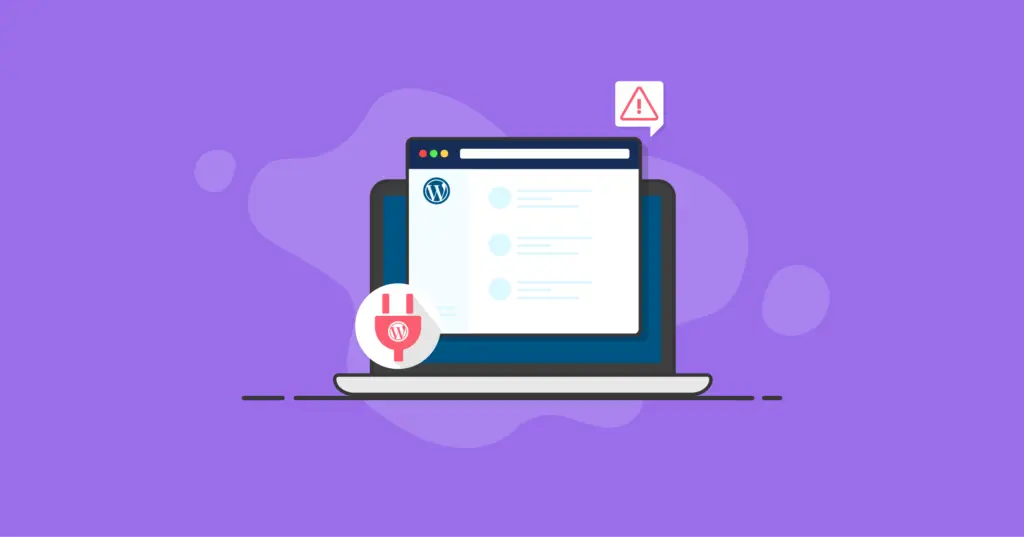
Nulled themes and plugins are premium products that are routinely shared on the internet for free. And it’s not natural that these items be available for free to everyone.
When people share this kind of themes and plugins, they frequently include malware, backdoors, hidden backlinks, and other harmful iframes and scripts. If you use these items, the danger of your website being hacked is quite high.
Using default username and password is too simple
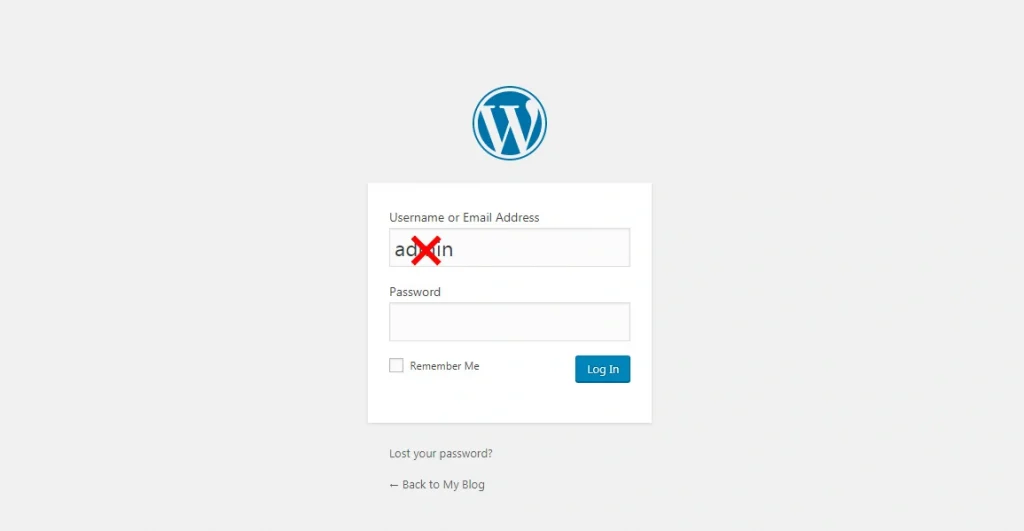
Many of you are in the habit of using the default, common username (such as admin, administrator, etc.) and the password is too simple (too few characters, consisting of only a sequence of numbers or meaningful words) to allow easy remembering. That makes your website a good prey for hackers.
Only with the common brute force attack method, your password will be quickly discovered and the consequences are clear to you.
Not updating WordPress, themes, or plugins
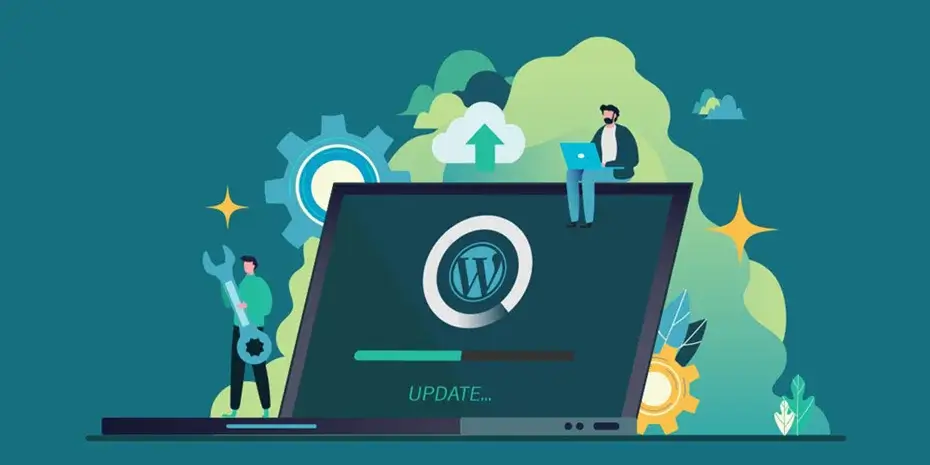
In addition to bringing new features and increasing speed, upgrading to new versions of WordPress, themes, and plugins aids in the correction of severe security flaws that still remain in older versions.
The unfortunate fact is that more than 60% of users are hesitant to do so. Perhaps they are concerned that the website will fail. It might also be a result of laziness.
But, for whatever reason, they are opening the door for hackers to enter.
No security plugin
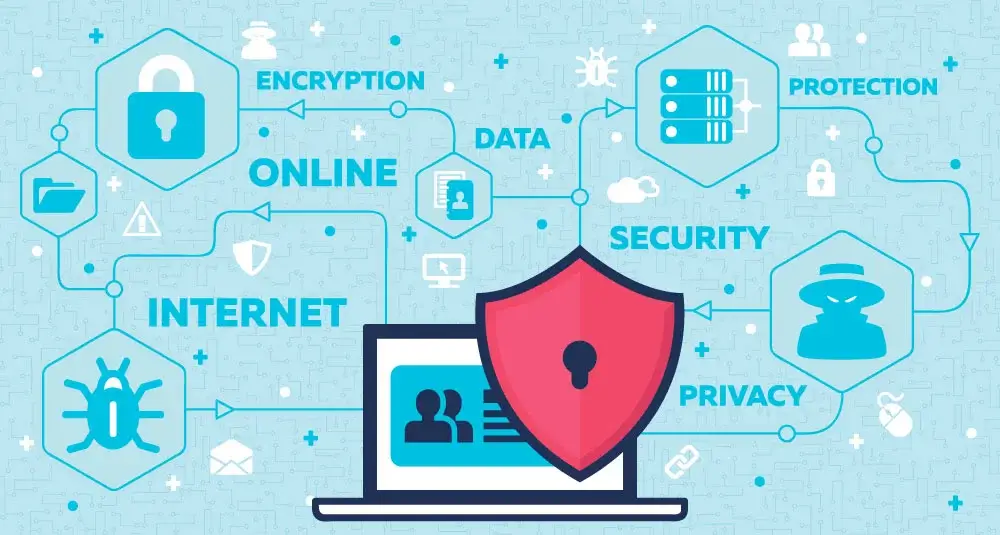
Security plugins should be installed. Today’s security plugins are fully equipped with capabilities that will assist you in combating brute force attacks, XSS, comment spam, scanning and locating dangerous files introduced into WordPress source code, and so on.
They provide an effective additional layer of security to your website. You face a big security risk if you do not install any security plugins on your website.
No antivirus software on your computer

If your computer is infested with viruses, trojans, or malware, they may totally penetrate your website by uploading files, tracking browsing history, analyzing browser cookies, and even consuming login credentials as you type.
As a result, if your computer is not adequately secured by high-quality, often updated anti-virus software, your website is more likely to become the next victim.
Objective reasons
Poor security of the host
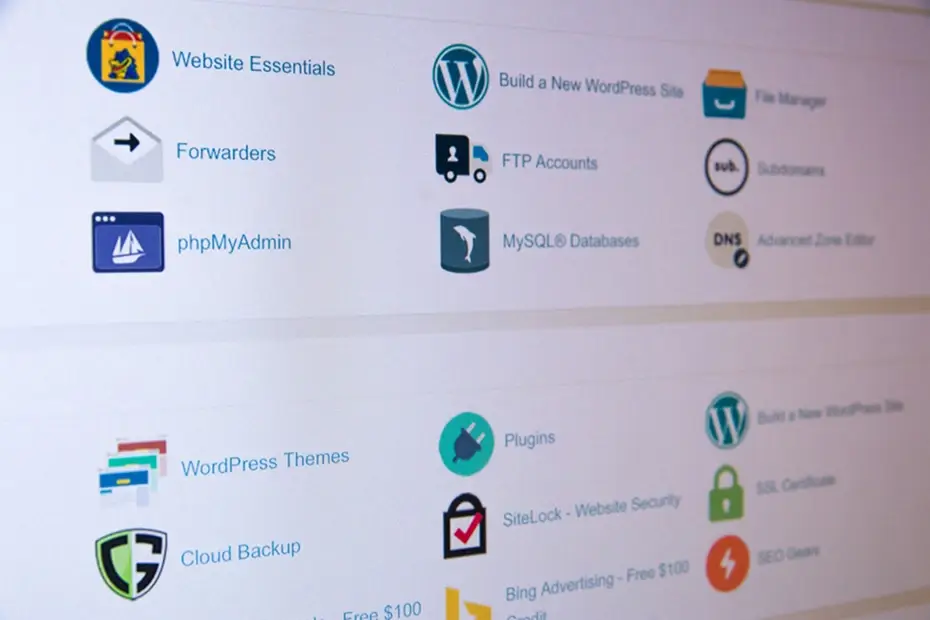
Web servers nowadays still contain a number of security weaknesses that if they don’t know how to patch or adjust, your website is vulnerable to assaults. That is why you should select a trustworthy hosting service provider with extensive security knowledge so that you can develop a website with confidence.
WordPress, themes, plugins security holes

Nothing is perfect, of course. Even if you update WordPress, themes, and plugins on a regular basis, download authentic items with copyright and obvious provenance, there may still be security gaps.
Hackers might use them to attack your website. And this time, the developers take the blame.
Conclusion
These are some of the most common causes of website being hacked. If you want to increase the security of your WordPress site, then read our article on the ultimate security guide.



